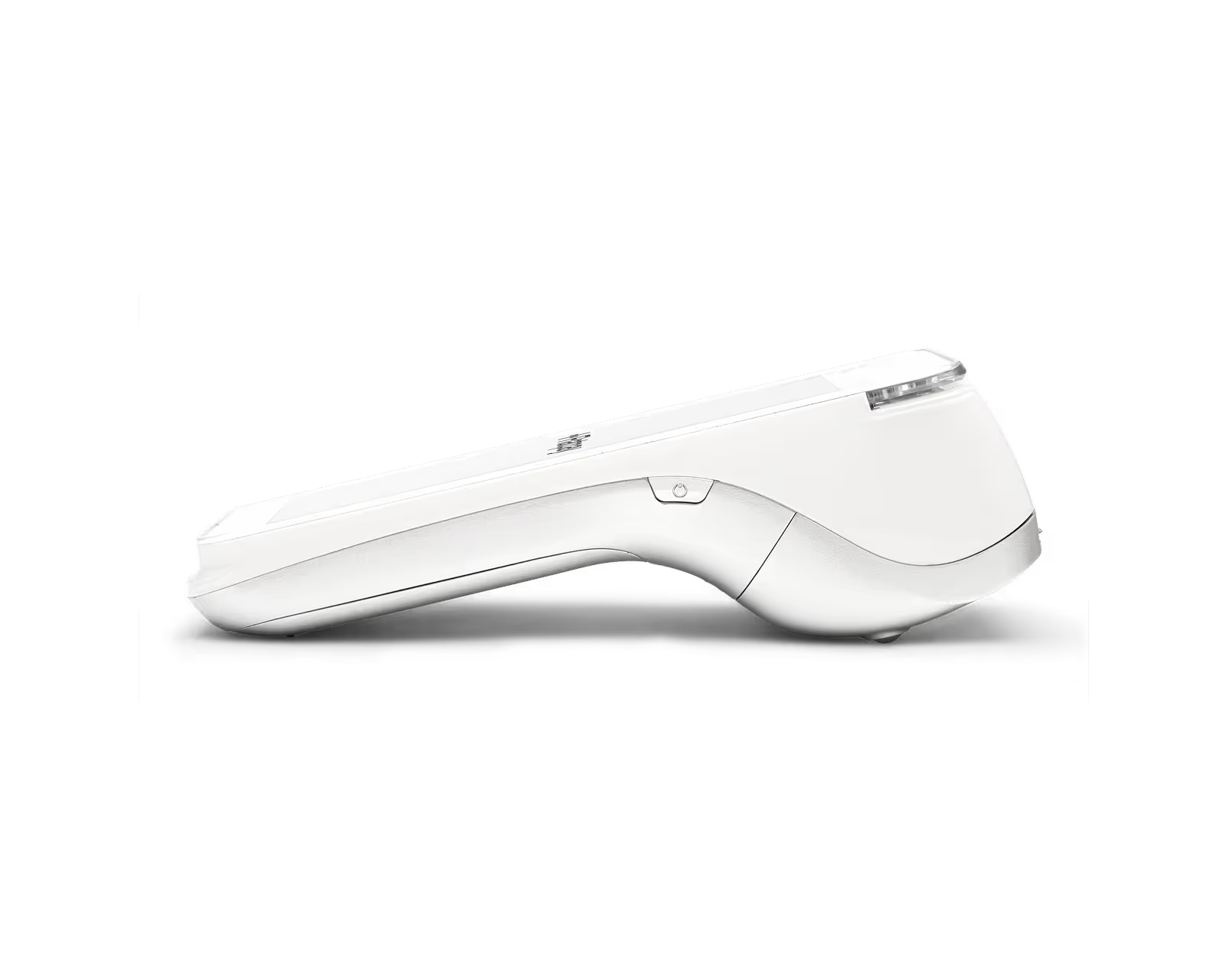Payment Solutions
Payment Gateway
Payment gateways help process online payments, protect customer data, and vary in fees and features.

FLATPAY PAYMENT GATEWAY
With the payment terminal from Flatpay, the right to use the payment gateway that FLATPAY uses and the delivered software is included. This means that you get Flatpay's best payment gateway without having to worry about licensing, etc. The inclusion of a payment gateway in the agreement means that end-users' transactions are protected and will always go smoothly. Flatpay offers a fantastic and very affordable solution within payment terminals. The terminal comes without monthly payments and costs 0 DKK to rent. With FLATPAY, you pay only 0.99% of transactions, which is also one of the lowest prices on the market.
HOW DO PAYMENT GATEWAYS WORK?
A payment gateway is a service that helps process online payments. When a customer makes a purchase online, the payment gateway works with the customer's bank to approve the transaction and ensure that the funds are transferred to the merchant.
To use a payment gateway, you need to create an account and provide some basic information about your business. Once your account is approved, you can start using the gateway to process payments. The gateway charges a small fee for each transaction, but it is usually much lower than the fees charged by banks or credit card companies.
Additionally, the payment gateway can help protect your customers' information by encrypting their data and storing it in a secure database. A payment gateway is, therefore, a good way to streamline your online payments and protect your customers' information.
THE RELATIONSHIP BETWEEN PAYMENT GATEWAYS AND PAYMENT TERMINALS
A payment gateway is the intermediary between a merchant and a credit card processor. It approves credit card payments and ensures that funds are transferred from the customer's account to the business's account. A credit card terminal is a physical device used to swipe or insert credit cards. The terminal reads the information on the credit card and sends it to the processor. The processor then contacts the payment gateway. The gateway confirms that the funds are available and transfers the funds to the merchant's account.
In short, a payment gateway is necessary for a credit card transaction to take place. Without it, the transaction would not be approved, and the funds would not be transferred. Credit card terminals are just one of the many ways in which merchants can accept credit card payments, but it is by far the most common method. Terminals are also often used in conjunction with point-of-sale (POS) systems, which provide additional features such as inventory management and customer tracking.
PAYMENT GATEWAY PRICING
Fees for payment gateways vary depending on the size and type of the business. The characteristics of the business also affect which features and services are necessary. However, most payment gateway providers charge a monthly fee, a transaction fee, and a setup fee. The monthly fee is typically based on the number of transactions processed through the gateway, while the transaction fee is a percentage of the total transaction amount.
The setup fee is a one-time fee that covers the costs of setting up and configuring the payment gateway. In addition to these fees, businesses may also be required to pay additional costs for PCI compliance and customer support. You don't have to worry about this with Flatpay, as we provide Danish support 24 hours a day.
Accepting payments for any business, anytime, anywhere
Three solutions designed to get you paid.











